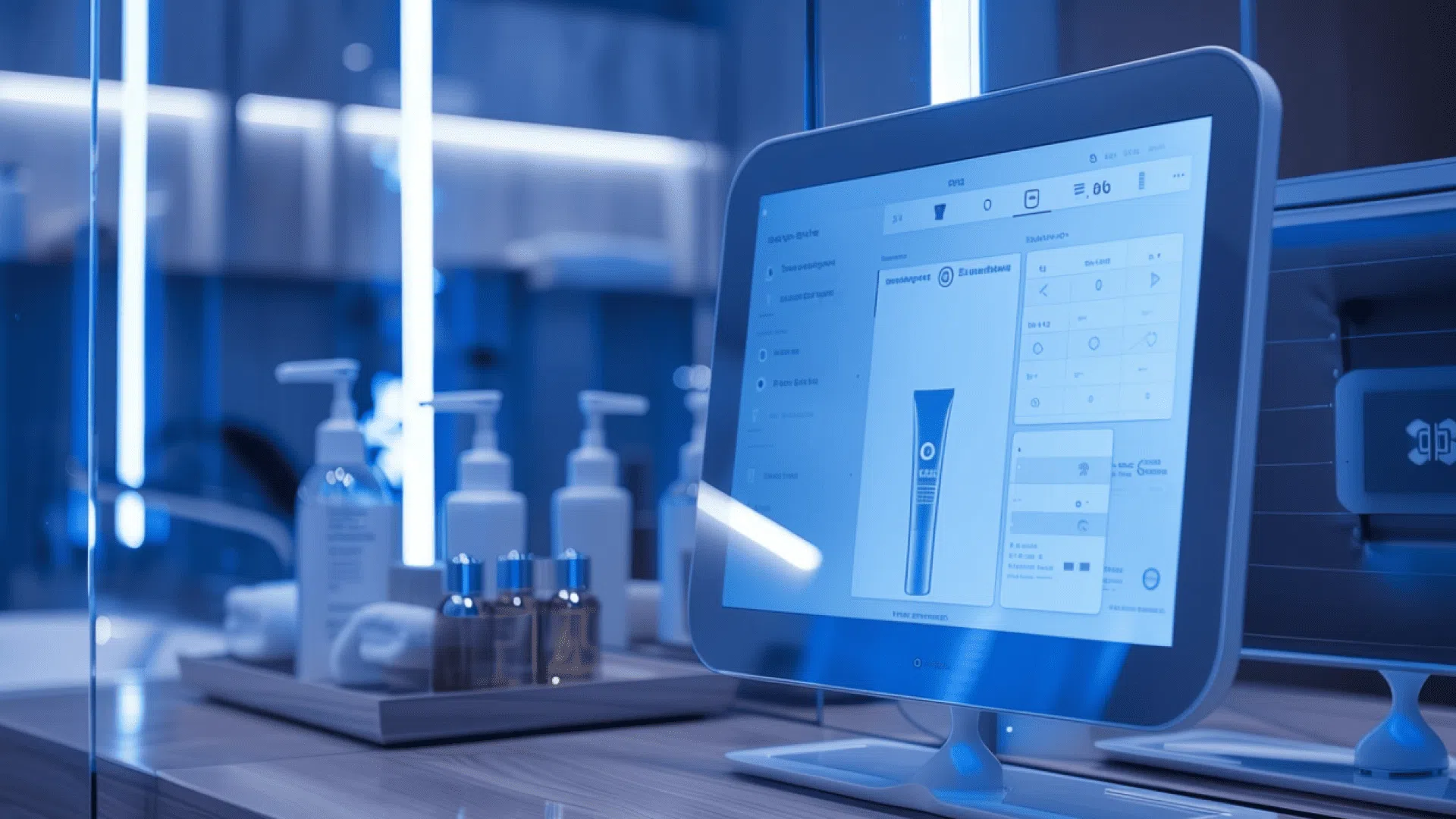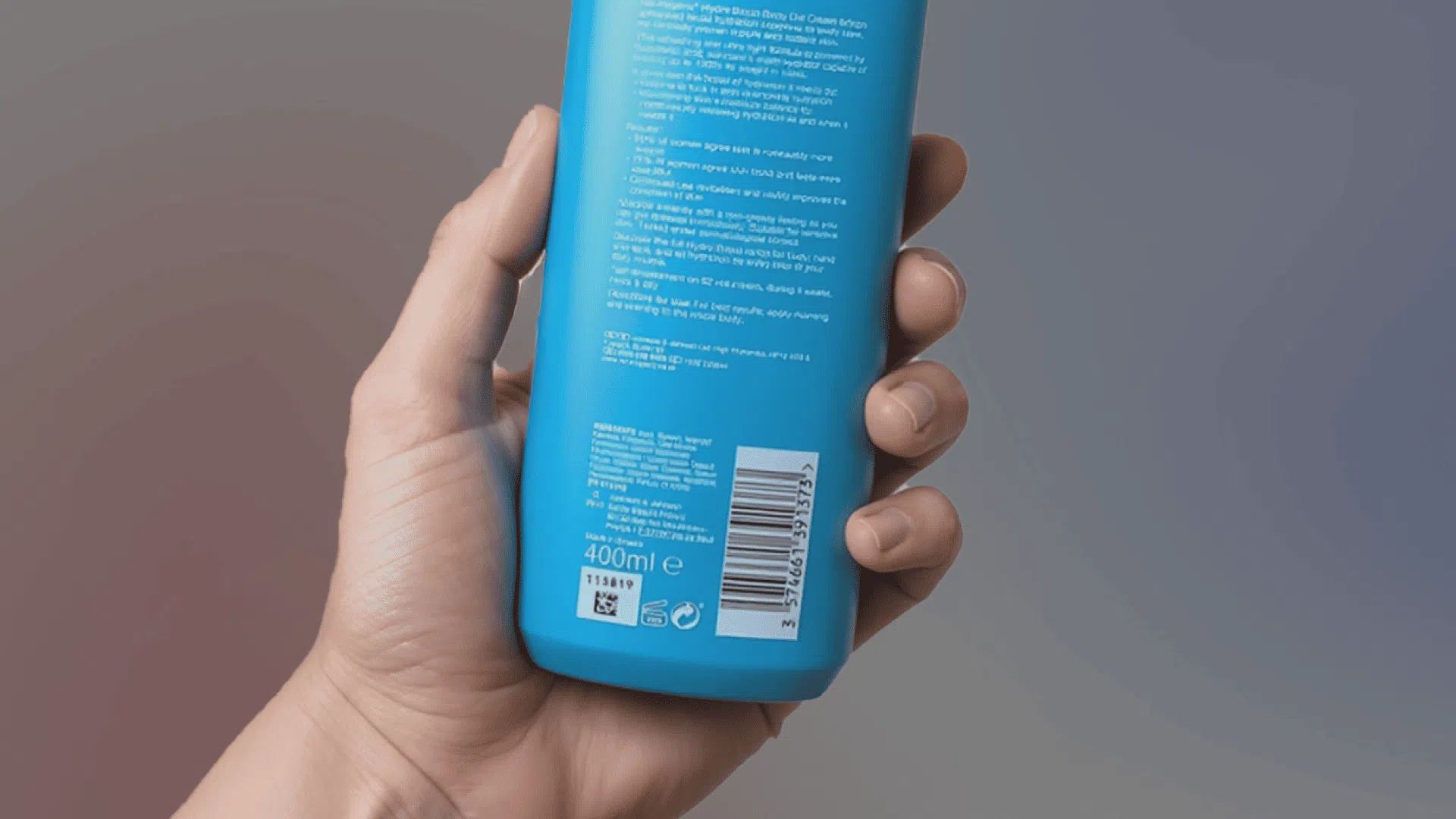ERP systems support sustainable sourcing practices and end-to-end transparency for clean, traceable ingredients.

Summary:
The cosmetics industry faces significant regulatory pressure. A specialized ERP system assists in efficiently meeting complex requirements, ensuring compliance, and promoting innovation. This article demonstrates how digital solutions provide transparency, minimize risks, and turn obligations into strategic opportunities.
The cosmetics industry must comply with strict regulations while coping with high innovation pressure. A specialized ERP system can be a game-changer: It assists in meeting legal requirements, ensuring product safety, and providing efficient traceability and comprehensive documentation. This article explores how ERP minimizes risks, creates market opportunities, and enhances trust among customers and partners.
In the European Union, Regulation (EC) No. 1223/2009 provides the legal framework. It demands a comprehensive product information file (PIF) to be created for each cosmetic product and retained for ten years. Additionally, the regulation requires manufacturers to comply with GMP regulations, using the ISO 22716 standard as a guideline. Labeling is also strictly regulated: all relevant information, from the International Nomenclature of Cosmetic Ingredients (INCI) to the batch number, must be clearly and understandably displayed on the packaging.
In the USA, the Modernization of Cosmetics Regulation Act (MoCRA) has reshaped the regulatory landscape. Companies are now required to register their facilities and products, maintain safety records, and report adverse events within 15 business days.
For cosmetics companies, compliance is no longer a side issue—it has become a decisive purchasing criterion. Even the smallest deviations can have serious consequences, such as delivery stops, product recalls, or long-lasting reputational damage. Companies serving multiple markets simultaneously face the additional challenge of managing different deadlines, documentation requirements, and regulatory nuances in parallel.
Practical experience clearly shows that critical weaknesses often emerge at the intersection of product development, quality assurance, and documentation. Various data sources, manual processes, and dispersed documents can result in missing crucial evidence during quality audits or unnecessarily delayed recalls.
A specialized ERP system provides the critical foundation for seamless compliance. Centralized management of master data—from raw material information and INCI declarations to safety certificates—enables systematic fulfillment of regulatory requirements.
Batches can be tracked comprehensively, safety assessments can be directly linked to production and quality data, and labels for different markets can be managed in compliance with regulations. Documentation becomes significantly more efficient: ERP systems allow for the structured creation of product information files (PID) and cosmetic product safety reports (CPSR), as well as their audit-proof archiving. Automatic retention periods ensure that documents remain available for the required time. The system systematically reflects inspection plans, deviations, and approvals, allowing companies to automatically and verifiably meet regulatory requirements.
The ERP system proves especially valuable in critical situations. In the event of undesired incidents or recalls, you can identify affected batches with just a few clicks and immediately export the relevant documentation. This transforms compliance from a burdensome obligation into a manageable process.
A modern ERP system with the right implementation partner can fundamentally change your perspective: It seamlessly integrates regulatory requirements into daily operations, ensuring transparency, security, and efficiency. Yaveon 365, our industry-specific ERP solution seamlessly integrated into Microsoft Business Central—one of the most popular and fastest-growing ERP systems for SMEs— is specifically designed for the needs of the cosmetics industry. Features like formulation management, lot tracking, label control, and quality control are perfectly integrated. They not only ensure compliance but also turn it into a competitive advantage.
Compliance is not a side issue in the cosmetics industry; it's a key strategic concern. Global markets demand extensive documentation, strict adherence to regulatory requirements, and comprehensive traceability. Without digital support, these demands are nearly impossible to meet. A specialized ERP system provides cosmetics manufacturers with the assurance of always being audit-ready. At the same time, it allows them to focus on what truly matters: innovation and growth.
 Sustainability in the cosmetics industry – Beitrag öffnen
Sustainability in the cosmetics industry – Beitrag öffnen
ERP systems support sustainable sourcing practices and end-to-end transparency for clean, traceable ingredients.
 Traceability in the cosmetics industry – Beitrag öffnen
Traceability in the cosmetics industry – Beitrag öffnen
How traceability in the cosmetics industry is evolving from a compliance requirement into a strategic advantage.
 Success story: Cremer Oleo – Beitrag öffnen
Success story: Cremer Oleo – Beitrag öffnen
CREMER OLEO enables document archiving, centralized file management and easy access to all documents.